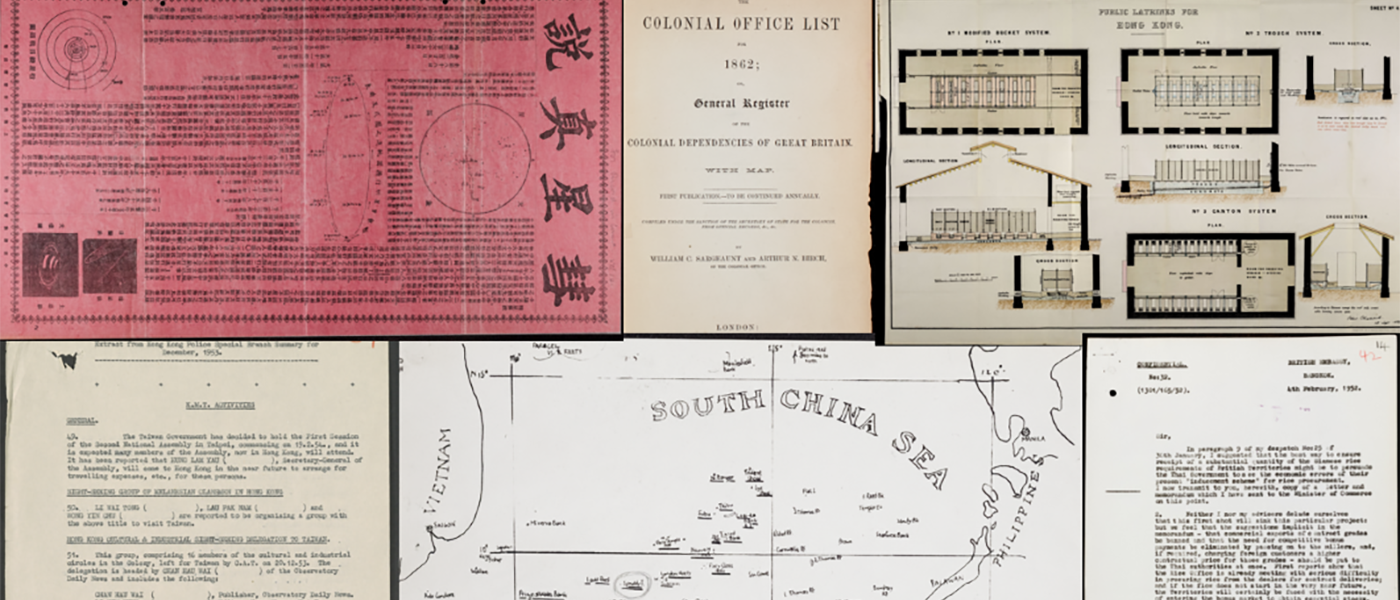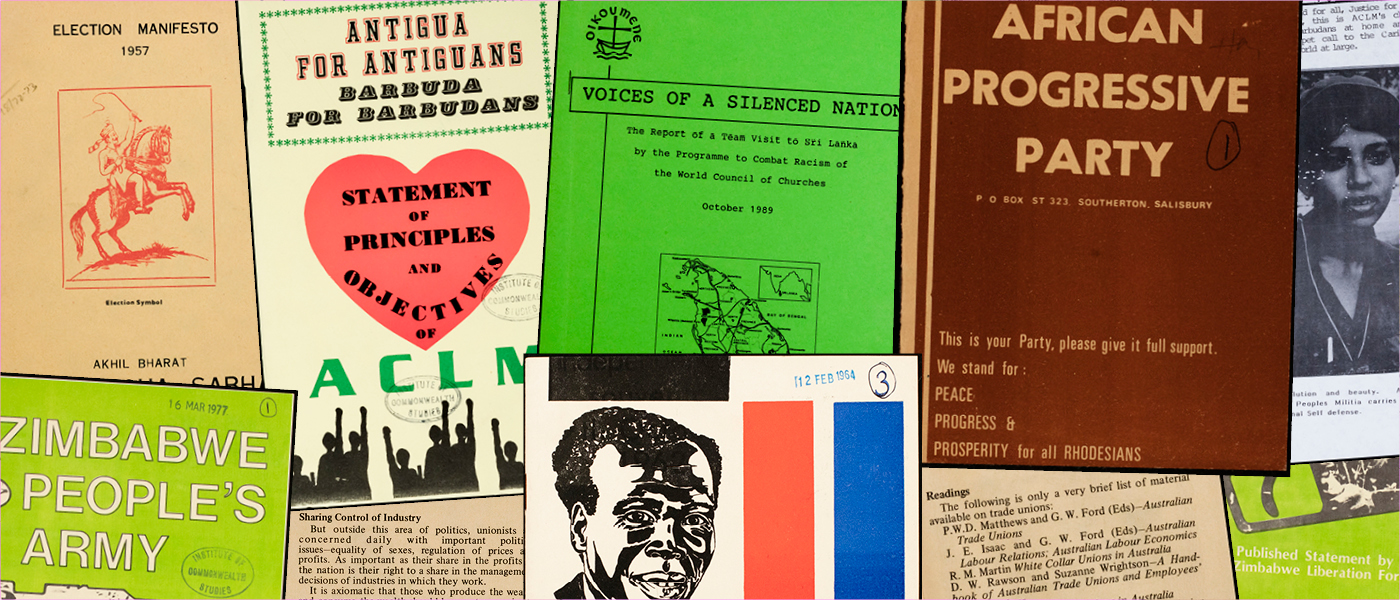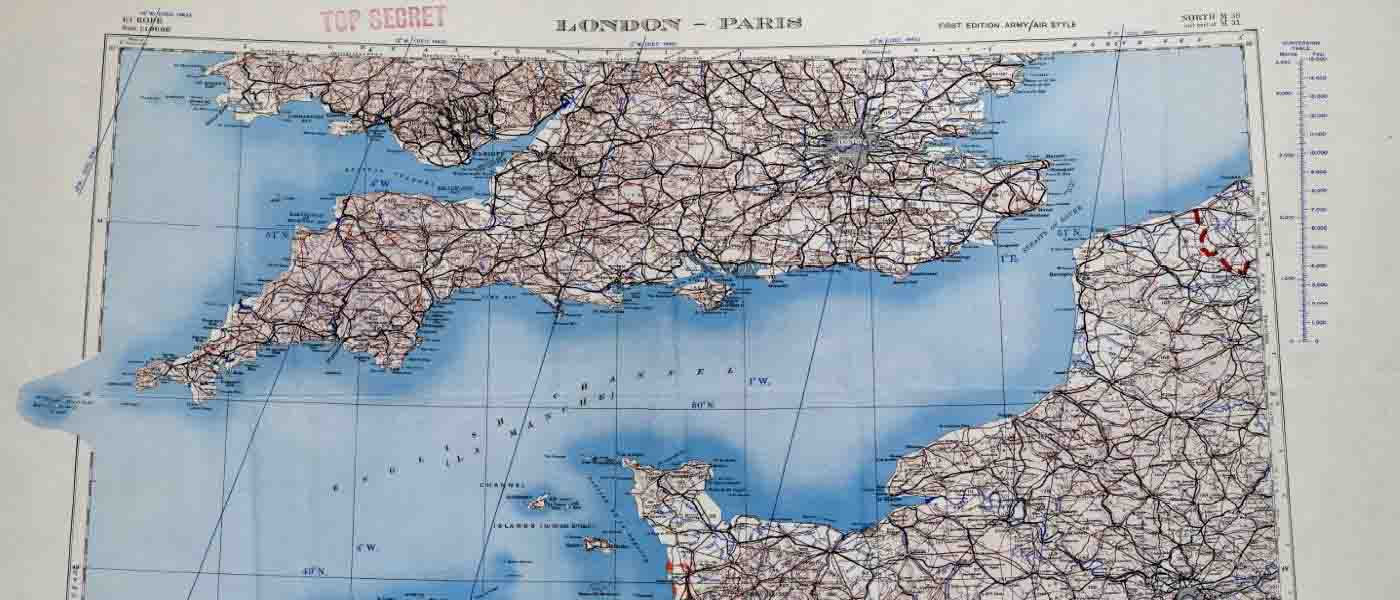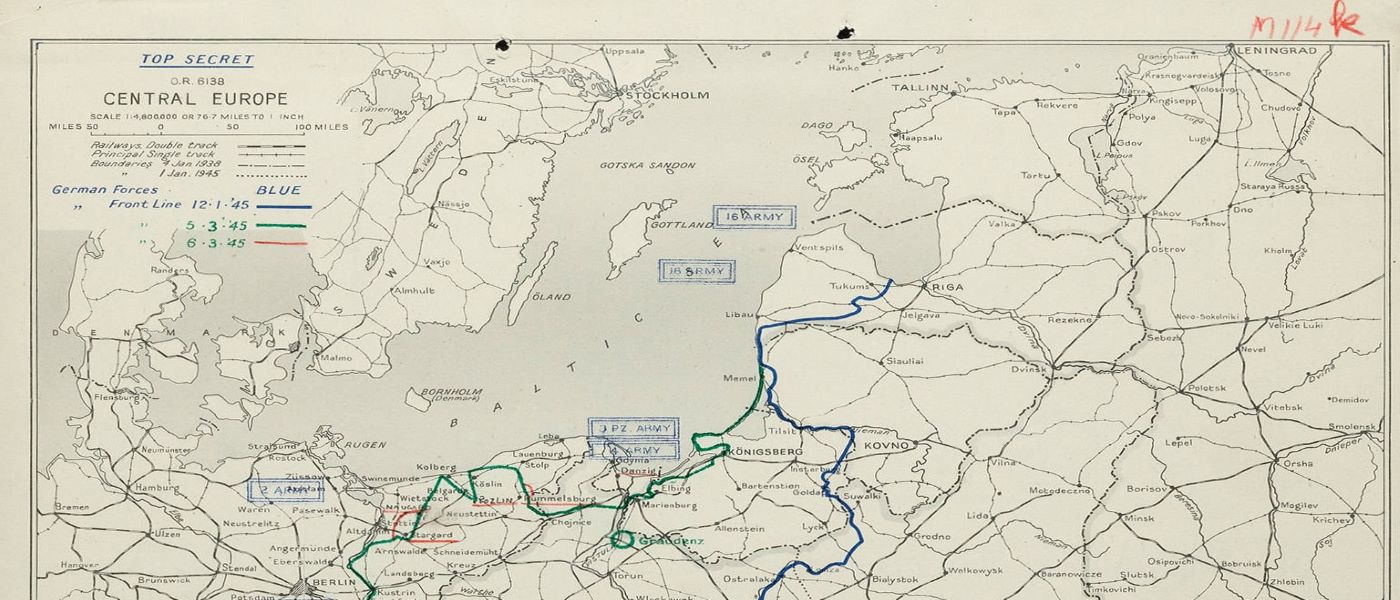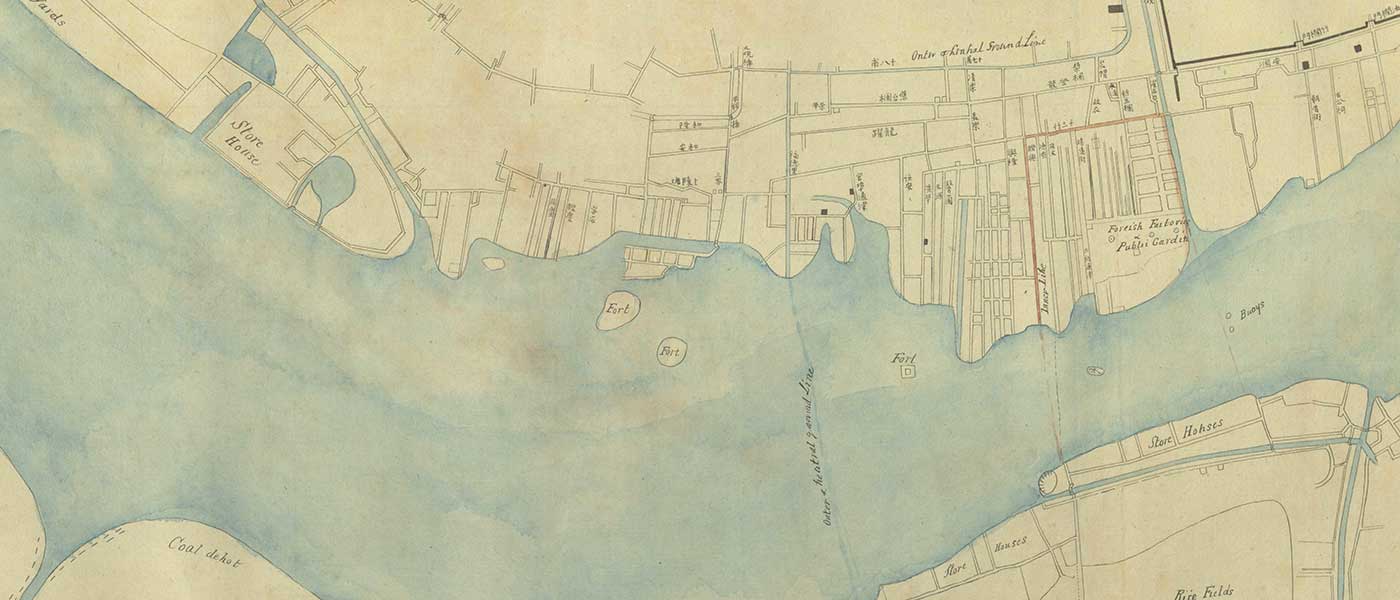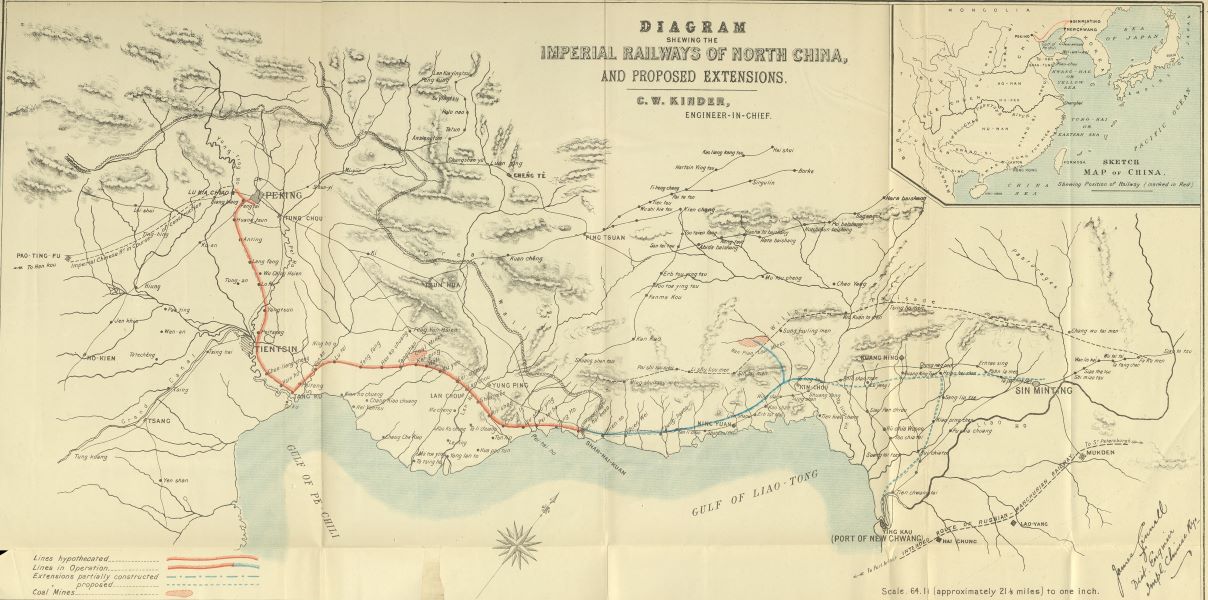DELIVER GREATER RESEARCH OPPORTUNITIES IN COLONIAL STUDIES
These British Colonial Office files document 200 years of British engagement with the people; the European colonization of Southeast Asia; and resources of Singapore, Brunei, Labuan, Sarawak, and British North Borneo (now Sabah). Researchers will find insight into Britain’s administration and governance of these countries, their international relations across the period, and the changing demographics and daily life of inhabitants. The documents also showcase how colonial history and colonialism in Southeast Asia continues to influence these now-independent countries through chosen strategic alliances, manners of conduct, and institutional structures and how they deal with the repercussions of their colonial legacies today.
The documents also detail the European colonization of Southeast Asia, which took place when, like the colonies in the empire of Ancient Rome, European forces decided to colonize countries like Burma, Indonesia, and what was then Malaya. From Anglo-Dutch movements that led to the colonization of the region to subjects like the Cold War, researchers and scholars alike can comprehend much of the global atmosphere in the region today through the lens of colonial activity in Asia during this period.
To fully comprehend a colonial era, one must understand both the players—the economic or cultural forces that led to colonization, and the experiences and intentions of individuals, government bodies, and general global sentiment of that time period. By furthering understanding of the mindsets that played into colonialism, scholars, teachers, and researchers can navigate the impact of these actions today and leverage their knowledge to better analyze and cultivate solutions into the future.
Perhaps one of the most important aspects of studying the colonial period in Southeast Asia, especially from the activities of Europe in juxtaposition to Asia, is recognizing the general thoughts of individual lives and communities during this period. A lot of colonialism had taken place between Asian countries like China and Vietnam—and countries like France were able to take advantage of these sentiments in their conquests and occupation of these areas. Understanding the financial systems put in place by European governments like Britain and France also allows scholars to peek into the intentions of colonialism and how the colonized were perceived by the colonizers.
These topics cover communities spanning East Malaysia to Singapore and Brunei, expanding on the establishment of trading companies that reaped resources from local areas and post–World War II sentiment, in which many countries under British rule suffered greatly and would not be adequately defended by their colonizers. Not only are moments like this vital to studying colonial states and how these entities have shaped the modern world, but they also provide insight into what teachers can focus on to educate scholars in developing a better tomorrow.
Although it is easier to view colonial activity through the actions of the past, it also allows the actors of the present to prevent the same mistakes. This series can expand any collection to further aid research in colonialism from subjects similar to the Franco-Siamese War and other clashes between Eastern and Western powers that would shape regional conflict and development for decades to come. Every library can benefit from elaborating on vital points in history with primary and secondary documents immersing scholarship into real-world application through real-world experience.
TOPICS COVERED:
- Chinese communities in East Malaysia
- Colonialism in Southeast Asia
- The European colonization of Southeast Asia
- The Cobbold Commission and Federation of Malaysia
- Coexistence of sultans, rajahs, trading companies, and British governors or residents
- Communism in Asia and the perceived threat by the British government
- Details of political parties and their activities
- Establishment of trading companies to exploit local resources—notably the British North Borneo Company, known as the “British East India Company” of Southeast Asia
- The fallout from the failure of Britain to defend Singapore and now Malaysia from the Japanese in World War II, which destroyed its credibility as an infallible ruler in the eyes of the local people during colonialism in Southeast Asia
- Indigenous Peoples
- Sultans in Brunei retaining the throne during the British protectorate
- Trade; exports; and the development of the rubber, timber, oil, coal, electricity, railway, fishing, and banking industries
- Transfer of power from local sultans to colonial rule and colonial rule to independence
- The “White Rajahs”
Additional Details
subjects covered
- Asian Studies
- South & Southeast Asian Studies
- British Studies
- Colonialism


